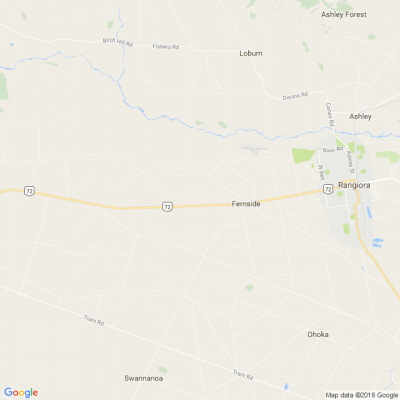Staff shortages bite in North Canterbury
From local democracy reporter David Hill:
Skill shortages continue to bite in the wake of Covid-19, with North Canterbury’s three councils facing higher than normal staff turnovers.
The Kaikōura District Council has been the hardest hit, with the position of building control officer vacant for the past nine months.
‘‘It’s in the building control space where there is a nationwide shortage of building control officers,’’ chief executive Will Doughty says.
Recently on jobs vacant website Seek there were 28 councils advertising for 60 roles, he says.
The council has a close working relationship with neighbouring councils, including the Hurunui District Council in sharing staffing resources.
It has also begun talks with the Selwyn District Council, which has initiated a wider conversation around sharing resources with neighbouring councils.
‘‘We need to look at things differently, so we’re not competing against other,’’ Doughty said.
‘‘We need to think about how we bring cadets through, and how we can give them training in areas we don’t necessarily have but other councils might have, so it’s about upskilling the industry as a whole.
‘‘The default position should not be poaching amongst ourselves.’’
In the last 18 months the council had experienced about 15 to 17% staff turnover, which was higher than normal, Doughty said.
Hurunui District Council chief executive Hamish Dobbie shared Doughty’s sentiments, but said his council had been in the fortunate position of being able to fill its vacancies.
‘‘Generally we are relatively well off compared to other councils, but it’s just when we do have a vacancy it’s hard to find staff because we’re not getting as many applicants as we would normally expect.
‘‘But it’s also a good time for people within the organisation because when opportunities do come up, we can look internally and find a person who, with a bit of effort, could step up to that role.’’
Dobbie would like to see a more co-ordinated approach between councils for staff training and to ensure councils were not competing against each other.
Staff turnover was normally 15%, but was nudging over 20% at present, Dobbie said.
Waimakariri District Council human resources manager Lara McConville said staff turnover has been hovering at more than 17% in recent months, compared to pre-Covid levels of less than 10%.
‘‘We have had a number of former staff return to the council in the past couple of months which is really encouraging to us.
‘‘We have had a number of the same challenges as other organisations and industries around the impacts of Covid-19.’’
She said the council had a flexible working policy, which was under review to ensure it continued to enable a work-life balance for employees, as ‘‘we know this is of growing importance to people since the emergence of Covid-19’’.
More than 60% of Waimakariri District Council staff are women.
Poll: As a customer, what do you think about automation?
The Press investigates the growing reliance on your unpaid labour.
Automation (or the “unpaid shift”) is often described as efficient ... but it tends to benefit employers more than consumers.
We want to know: What do you think about automation?
Are you for, or against?

-
9.2% For. Self-service is less frustrating and convenient.
-
43.7% I want to be able to choose.
-
47.1% Against. I want to deal with people.
Poll: Would you take a 1.5-hour hike for a shop? 🌿🐦
Canterbury, you have a hidden treasure right on your doorstep ... though it does come with a 1.5-hour walk up the stunning Rakaia Gorge Walkway.
Along the trail you’ll find The Fantail Shop showcasing small artworks by local artisans. Even better, every purchase supports the Fantail Trust, helping protect and restore biodiversity on the north bank of the gorge.
So we’re curious: would you take a 1.5-hour hike for a shop? (And for local biodiversity, of course 🌿)

-
32.2% Yes!
-
67.8% No thank you.
Painting and decorating
For all your painting and decorating projects, get in contact with Andrew and the friendly team at Enviro Painters for a free measure and quote








 Loading…
Loading…